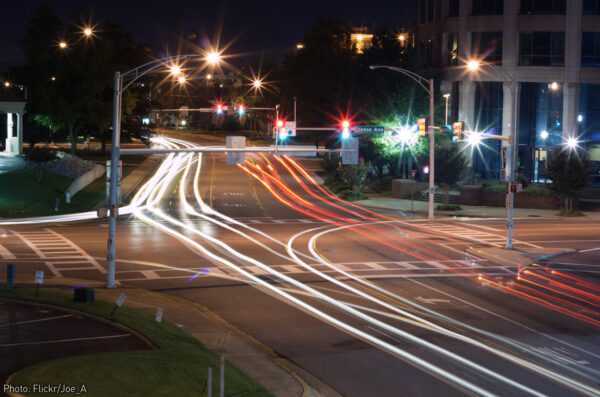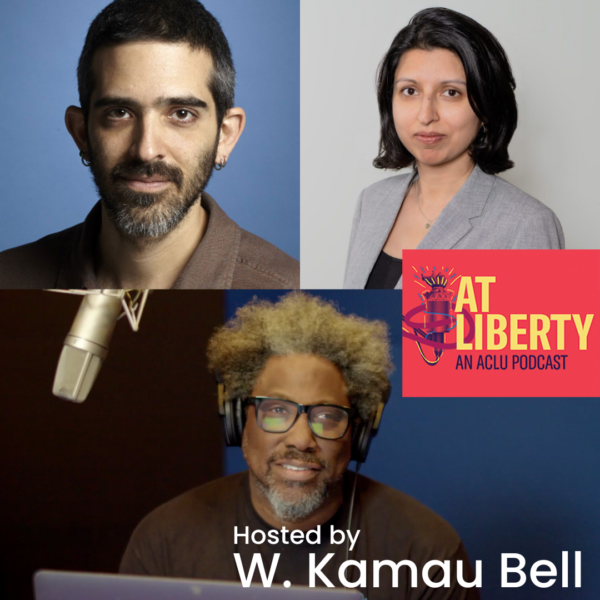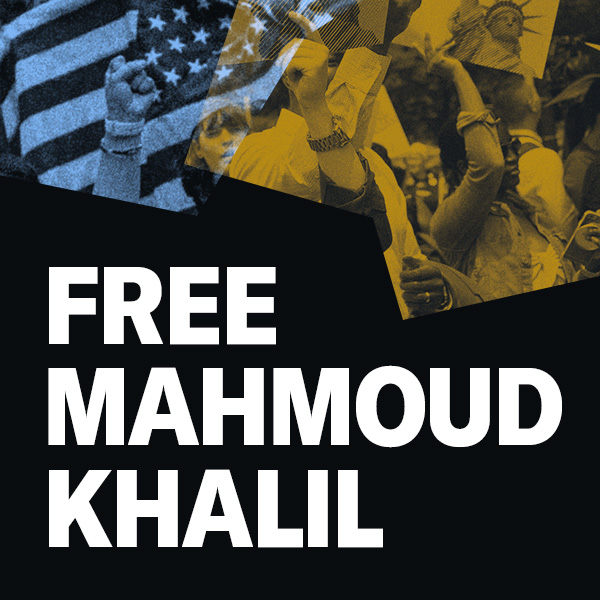Supreme Court to Hear First Cell Phone Location Data Case
ACLU Represents Man In Case Where Police Obtained Months’ Worth of Cell Phone Location Information Without a Warrant
WASHINGTON — The Supreme Court today agreed to hear a landmark case on whether the government needs a warrant to access a person’s cell phone location history. The American Civil Liberties Union is co-counsel in the case, Carpenter v. United States.
“Because cell phone location records can reveal countless private details of our lives, police should only be able to access them by getting a warrant based on probable cause,” said Nathan Freed Wessler, a staff attorney with the ACLU Speech, Privacy, and Technology Project. “The time has come for the Supreme Court to make clear that the longstanding protections of the Fourth Amendment apply with undiminished force to these kinds of sensitive digital records.”
In 2011, without getting a probable cause warrant, the government obtained from cell service companies months’ worth of phone location records for suspects in a robbery investigation in Detroit. For one suspect, Timothy Carpenter, the records covered 127 days and revealed 12,898 separate points of location data. Police seek these kinds of cell phone location records from phone companies tens of thousands of times each year.
After Carpenter was convicted at trial, based in part on the cell phone location evidence, he appealed to the Sixth Circuit Court of Appeals, which ruled 2–1 that no warrant is required under the Fourth Amendment.
The data acquired by police provides a stark demonstration of how location data can reveal extraordinarily private details about people’s lives, from where they sleep to where they pray.
For example, the location data showed that in the early afternoon on a number of Sundays, Carpenter made or received calls from the cell tower sectors nearest to his church. His cell phone records do not routinely show him in that area on other days of the week, implying that he was worshipping at those times.
Carpenter’s call records reveal that over the course of four months, his phone was located in more than 200 separate cell tower sectors. On one day, he made and received 141 calls while located in 40 different sectors. These records provide a very detailed accounting of everywhere he went.
From December 23 to December 27, 2010, Carpenter’s last call of the night and first call of the next morning were either or both placed from the sector nearest to his home, suggesting that he slept at home on those evenings. But on the night of December 22, his last call of the night and first call of the next morning were placed from a Detroit neighborhood several miles away, indicating that he did not spend the night at his home.
The Ninth Circuit Court of Appeals recently heard oral arguments in another case, U.S. v. Gilton, raising the same question of whether a warrant is required for law enforcement to obtain historical cell phone location records. In 2015, the Supreme Court declined to hear U.S. v. Davis, in which the Eleventh Circuit Court of Appeals ruled that a warrant is not required.
Carpenter is represented at the Supreme Court by the ACLU, the ACLU of Michigan, and defense attorney Harold Gurewitz of Gurewitz & Raben, PLC.
An interactive map showing cell phone tracking rules nationwide is at:
https://www.aclu.org/map/cell-phone-location-tracking-laws-state
More information and all case documents are here:
https://www.aclu.org/cases/united-states-v-carpenter-governments-warrantless-collection-detroit-suspects-historical-cell
Stay informed
Sign up to be the first to hear about how to take action.
By completing this form, I agree to receive occasional emails per the terms of the ACLU's privacy statement.
By completing this form, I agree to receive occasional emails per the terms of the ACLU's privacy statement.



